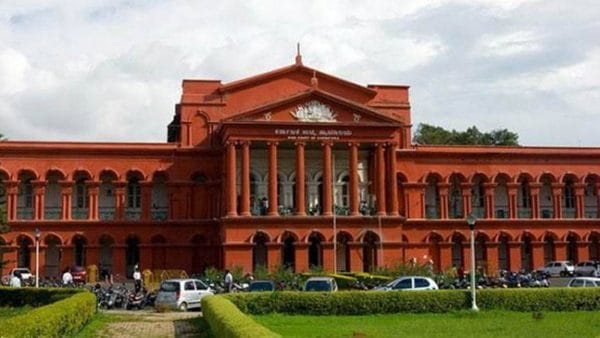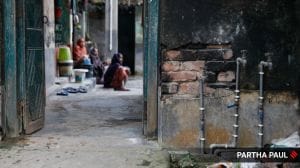Karnataka High Court restrains Govt from making appointments based on new SC internal quotas
The Karnataka High Court has temporarily barred the state government from making appointments under the new internal quota scheme for Scheduled Castes (SC), following a petition by nomadic SC communities challenging the allocation formula.
 The Karnataka High Court has restrained the state government from appointing candidates under the new SC internal quota, pending further hearings.
The Karnataka High Court has restrained the state government from appointing candidates under the new SC internal quota, pending further hearings.The Karnataka High Court last week restrained the state government from making appointments to government posts on the basis of a new internal quota scheme formulated for Scheduled Castes (SC) by the state.
The High Court passed the interim order on October 16 on the basis of a writ petition filed by the Confederation of Untouchable Nomadic Communities of Karnataka, which has been protesting against the SC internal quotas formula as unfavourable to nomadic SC communities.
The Confederation has challenged a government notification of August 25 fixing the internal quotas for government recruitments of SC communities.
“Though recruitment process could go on, the respondents are restrained from appointing any persons in pursuance of Annexure-A till next date of hearing,” a single judge bench ruled in an interim order valid till November 13.
The recruitment process for Scheduled Caste communities for government jobs had been frozen in October 2024 by the then Congress government to facilitate completion of a survey to draw up the numbers of various SC communities.
The survey was completed in August this year, and the Congress government took a decision in a Cabinet meeting on August 19 to provide internal quotas on a 6:6:5 ratio for the SC Left, Right and touchable communities in the 17 per cent reservations available to 101 SC groups.
Justice Das Commission
The nomadic communities have been protesting since the announcement that internal quotas will be clubbed with the touchable group for quotas instead of being given its own quota as recommended by the Justice H N Nagamohan Das Commission which looked at the SC internal quota issue at the instance of the Karnataka Government.
In August, the Karnataka Cabinet modified the Justice Das Commission recommendation with regard to three sub groups of SCs by merging these groups into the touchable group of SC and awarding a five per cent quota to the group.
The Karnataka Cabinet decision to implement the new quota plan was expected to result in opening of hiring again especially since it was partially based on a report on the social, economic, and educational situation prevailing among the SCs by the Justice Das Commission which was accepted by the government on August 7.
The Justice Das Commission had recommended classifying the Dalit sub castes into five categories instead of the existing four, and to accord reservations according to their backwardness. The Commission recommended one per cent of reservation to Category A comprising 58 SC subcastes with a population of 3.97 per cent; six per cent for Category B (which is the SC Left group) who are considered the most backward and constitute 34.91 per cent of the population with 18 subcastes.
The commission recommended five per cent for Category C (which is the SC Right group) who are considered less backward, politically established and constitute 28.63 per cent of the SC population with 17 sub castes and four per cent for the Category D (the “touchables” in the SCs) who make up 26.97 per cent of SCs with four subcastes.
A new Category E comprising 4.52 per cent of the SC population who have not been identified a clear subcaste but have been classified under three broad sub groupings of Adi Dravida, Adi Andhra, and Adi Karnataka were recommended one per cent reservations.
Since the Karnataka Government halted recruitments since October 2024 on account of the pending decision on internal quotas for SCs, the Commission said that age relaxations should be provided to SC community members who have lost out on job opportunities in the last 10 months.







